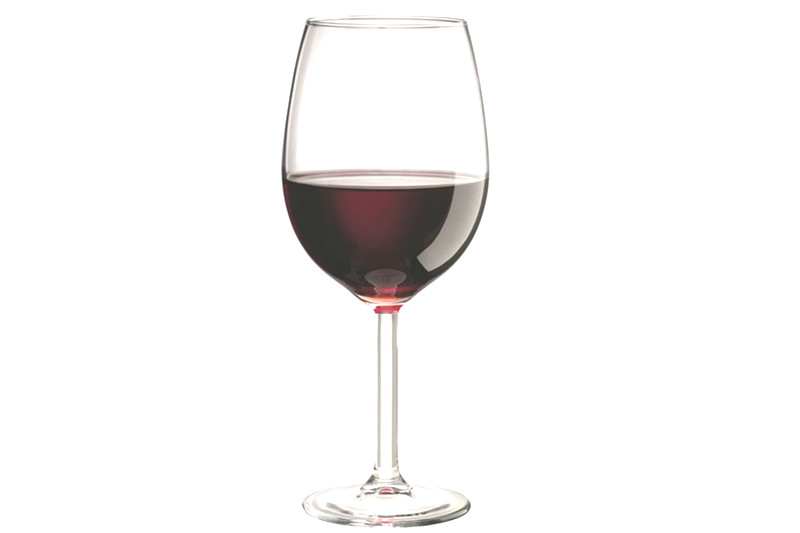Red wine is a better choice than gin when it comes to keeping one’s heart healthy, according to a study by Jefferson Medical College researchers in Philadelphia.
The researchers compared the effects of red wine and gin on the levels of inflammatory biomarkers in the blood, including adhesion molecules, chemokines and white blood cells that are related to atherosclerosis or hardening of the arteries.

They found that red wine had a much greater effect in lowering levels of anti-inflammatory substances in the bloodstream that are risk factors for heart disease and stroke. They also noted that red wine contains many complex compounds, including polyphenols, that are absent in gin.
The researchers gave 20 subjects in two groups two drinks a day of either wine or gin for 28 days. After a washout period of 15 days with no alcohol, those who received red wine the first time then were given gin and vice versa.
The researchers measured levels of biomarkers before and after each half of the trial.
Both wine and gin showed anti-inflammatory effects as they reduced levels of fibrinogen, which clots blood but is not an inflammatory marker, and IL-1, which is. Raised levels of fibrinogen are a risk factor for heart attack.
But red wine also dramatically lowered the levels of inflammatory molecules such as adhesion molecules and proteins in monocytes and lymphocytes.
Lead researcher Emanuel Rubin, M.D., professor of pathology at the medical college, said one or two glasses of red wine a day may be beneficial, while noting that alcoholic beverages in general provide some degree of protection from heart disease and stroke.
However, Rubin said future long-term studies are needed to conclusively prove that alcoholic beverages in general and red wine in particular have a protective effect against atherosclerosis.
“(This) study is far too brief to analyze a process that takes years to develop,” Rubin said. “It’s tough to root out just what is going on.”


